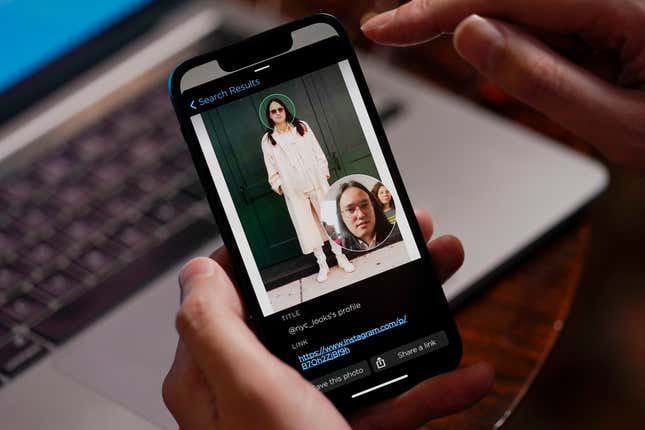
Following efforts to ban the use of facial recognition technology by authorities, it seems that some cities are having second thoughts amidst an increase in their crime rate. Some U.S. states and cities are now moving to eliminate their ban on facial recognition including Virginia, California, and New Orleans, according to Reuters.
Over the past two years, about two dozen state or local governments banned or limited police departments’ use of facial recognition due to concerns over accuracy, racial bias, and privacy. The list of cities included San Francisco, California, Somerville, Massachusetts, and Oakland, California. But some are now longing for the technology due to a high crime rate that showed a 5% increase in the homicide rate nationwide in 2021, which is a relatively smaller jump than the 20% increase in 2020, according to a report by the Council on Criminal Justice.
Just eight months after implementing a restrictive ban on facial recognition, Virginia lawmakers approved a bill to lift the ban earlier in March. However, some were opposed to lifting the ban, arguing that facial recognition software misidentifies people of color like in the case of Robert Williams who was wrongfully arrested by Detroit police in January 2020 based on a faulty facial recognition match.
A 2019 study by the National Institute of Standards and Technology (NIST) found that facial recognition algorithms do not perform as well when examining the faces of women, people of color, the elderly, and children, falsely identifying Black and Asian faces 10 to 100 times more often than they did white faces.
However, more states are still considering a lift on the ban as well, Reuters reports. In California, members of the American Civil Liberties Union are struggling to make the ban on facial recognition permanent. “Police departments are exploiting people’s fears about that crime to amass more power,” Jennifer Jones, a staff attorney for ACLU of Northern California, told Reuters. “This has been for decades, we see new technologies being pushed in moments of crisis.”
In New York, ongoing efforts to put a ban on facial recognition technology in place is facing resistance with an increasing crime rate. In February 2022, New York City saw a 58.7% increase in overall index crime compared to February 2021, with robbery alone increasing by 56%, according to the New York City Police Department. The city is proposing extreme measures for security, including a gun surveillance technology to be installed in the subway system.
Meanwhile in New Orleans, activists are frustrated at the reversal of the ban that they fought to put in place. Local advocacy group Eye on Surveillance Coalition released a statement in February calling for lawmakers to address the root cause of crime rather than invest in technology that does not make their community safer. “These tools don’t prevent crime, yet we continue to pour money into them instead of affordable housing, job training, nutritious food options, and better schools.”